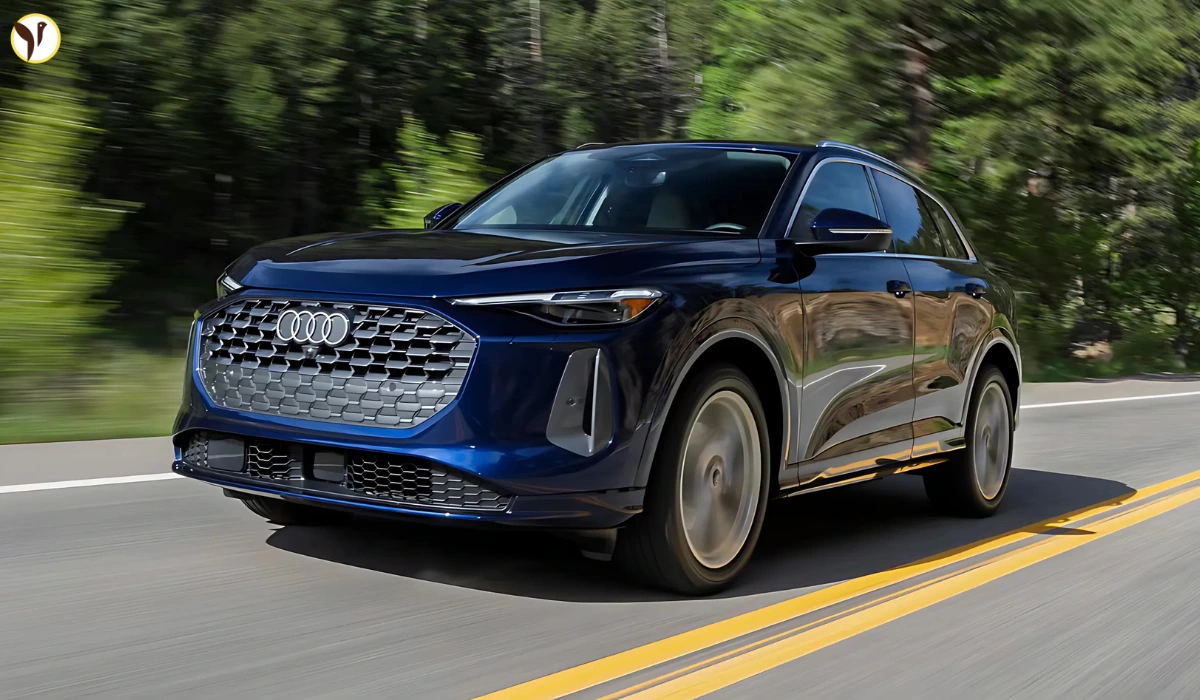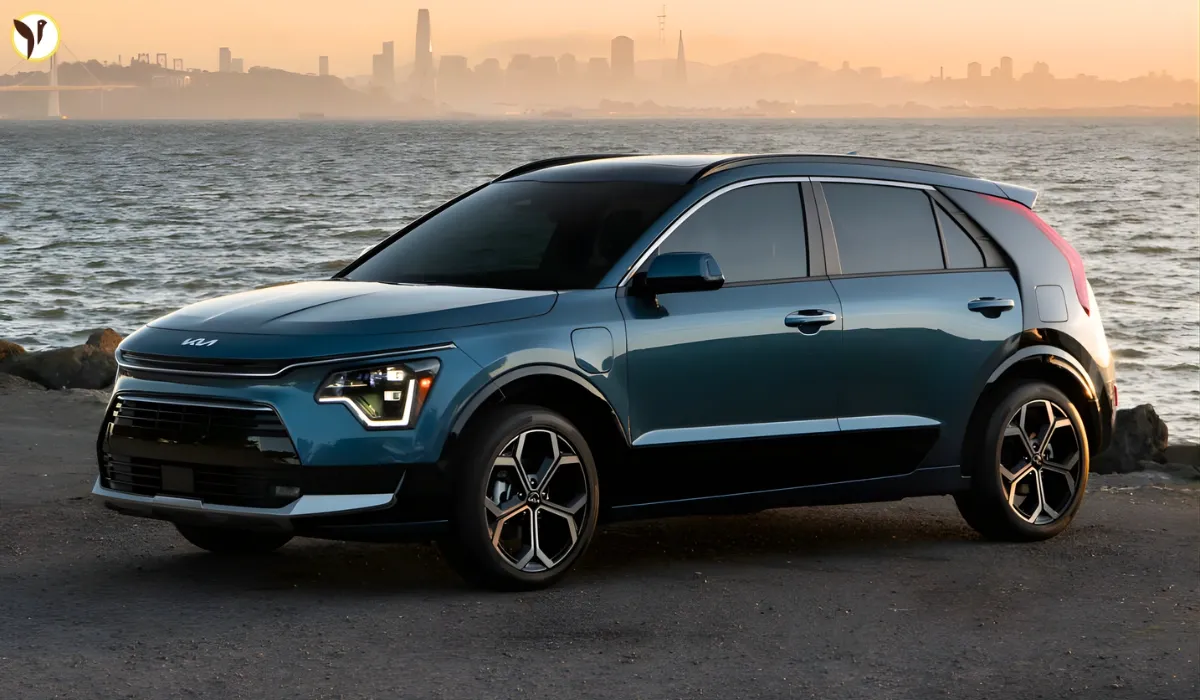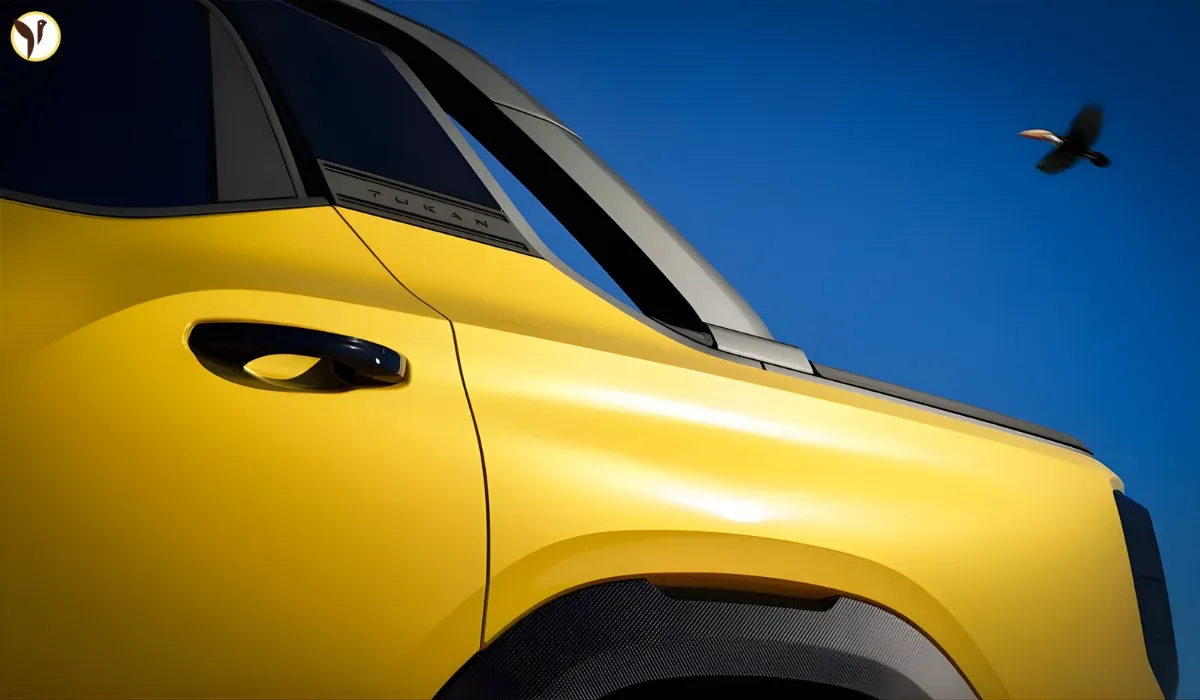Eager to be significant for the company and for Audi in the U.S. market, Audi, the luxury German car manufacturer, seems serious about potentially building a $4.6 billion plan in America. And, no, this isn't just some office conversation. Sources tell us the decision has everything to do with auto import tariffs threatening Audi, but, more importantly, Audi's goal of creating a better relationship with U.S. consumers.
So if you’re an Audi enthusiast, electric vehicle aficionado, or you just care about job creation, pricing, and upcoming models, here’s what we know.
Why Is Audi Considering a Factory in the U.S.?
Currently, the U.S. is considering a 25% tariff on imported vehicles which would have a hugely negative impact on German brands such as AUDI. Rather than passing it on to customers or withdrawing from the U.S. marketplace, AUDI is now focusing on where their vehicles are produced –why not build vehicles local to your customers?
However, it is not all about avoiding additional costs. Audi recognizes that U.S. drivers are with increasing frequency- are moving to electric vehicles (EVs) and local production will allow them to keep pace with the fast-growing demand more quickly and in line with total cost of ownership savings.
Key Factors for this shift:
- Avoid a 25% tariff for imported vehicles
- Take advantage of EV U.S. tax credits
- Reduce shipping delays and cost
- More easily target U.S. consumers

What about the Q3, Q5, and Q7?
Here’s something that most buyers don’t know—a large portion of Audi’s top-selling SUVs in the U.S. are produced outside the U.S. The Q3 is manufactured in Hungary, and the Q7 is made in Slovakia. That presents risk with import tariffs which could happen if U.S. trade policies change.
Audi's strategic advantage in navigating current trade policies is underscored by the Mexican production of its top-selling U.S. model, the Q5. But because of the recent trend for “Made in America,” as well as tighter EV tax credits, Audi may consider producing additional levels of product in the U.S., which could include future electric variations of the Q3, Q7, or “only in the U.S.” EVs. Obviously, with the volume of Q5 sales and existing North America assembly, it’s a prime candidate for “going local” for EV production.
All of these actions would enable Audi to stay competitive, expedite delivery times, reduce pricing, and have access to all EV incentives offered to buyers, which is good for all buyers.

What Would The Facility Look Like?
Der Spiegel and Automotive News report that Audi is planning a €4 billion ($4.6 billion USD) investment. That is a significant amount of money - and suggests something significant. Imagine mass market electric vehicle production, plenty of advanced automation, and a skilled workforce in close proximity.
Audi has not officially confirmed the exact location; however, sources within the automotive industry have noted that the Southern U.S. is a strong candidate. Why? It already has plants for Mercedes-Benz, BMW, Hyundai, and Tesla, plus business friendly incentives and skilled labor.
From what we know:
- Estimated investment: $4.6 billion USD
- Focus: All-electric vehicle production
- Timeframe: Decision expected by late 2025
- Potential Location: Southern U.S. (Tennessee, Georgia, Alabama - not confirmed)
How Might This Impact Buyers in the U.S.?
If Audi builds the plant, expect far more than just new factory employment opportunities - this could change your Audi buying experience entirely.
- Faster Delivery - No more waiting long periods for an imported Audi model.
- Lower Sales Prices - By eliminating imported vehicles' importation costs, potentially lower sales prices.
- Better Service - Local production of vehicles means better access to parts and speedier service.
- More EV's - The plant will most likely produce electric SUVs and sedans specifically for the United States market.
For many American buyers, it is exciting to think their next Audi purchase could be made here at home.

Audi’s U.S. Factory at a Glance
|
|
|
|
|
|
|
|
|
|
|
|
|
|
|
|
|
|
|
|
|
|
|
|
Why This Move Makes Sense for Audi
Several competing automakers, including BMW, Mercedes-Benz, and Volkswagen, currently operate production plants within the United States. Audi is simply at a disadvantage without having a manufacturing facility here. Particularly in terms of the variable policies around EV tax credits, and delays in the international global supply chain.
With the bipartisan government continuing efforts toward policy change with a push for “Buy American” policies, and increasing incentives towards clean energy, Audi has a real opportunity to gain a foothold and get ahead of the curve.
A Thought from Audi Enthusiasts:
“If Audi really wants to compete with Tesla here, they've gotta be here too. A US-made Q6 e-tron? I'm in."
Conclusion
Audi’s potential factory in the United States isn't merely a business move, it's a shift in the wind. With rising tariffs, increased demand for electric vehicles, and policy changes favoring local sourcing, Audi is building more than just vehicles, they are building trust and establishing themselves domestically.
For U.S. buyers, this could mean faster access to new models, better pricing, and possibly no adjustment to EV SUVs for local markets. For communities, it could mean thousands of jobs and an economic boost in regions needing revitalization. While the U.S. factory decision is expected in late 2025, there are no obvious signs that Audi is going away. Audi seems to plan for a much bigger role in the future of the U.S. automotive industry.
Source(Image / Thumbnail): caranddriver









